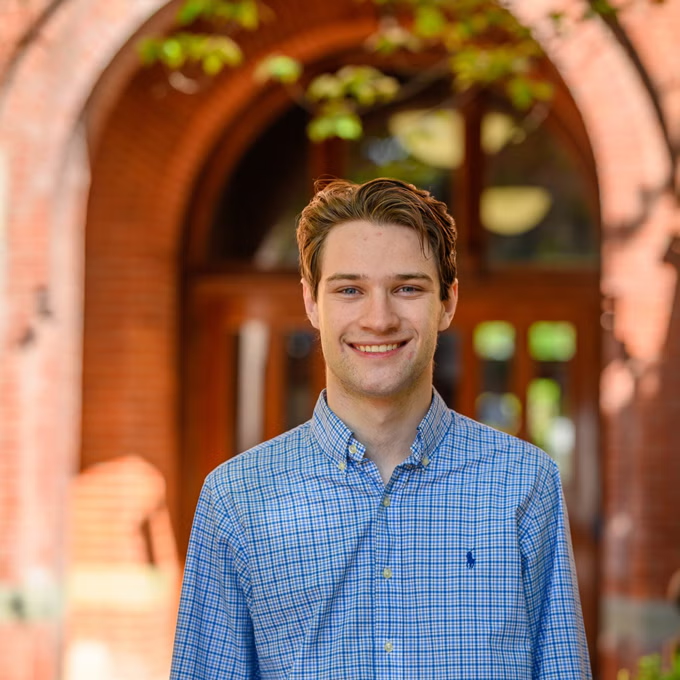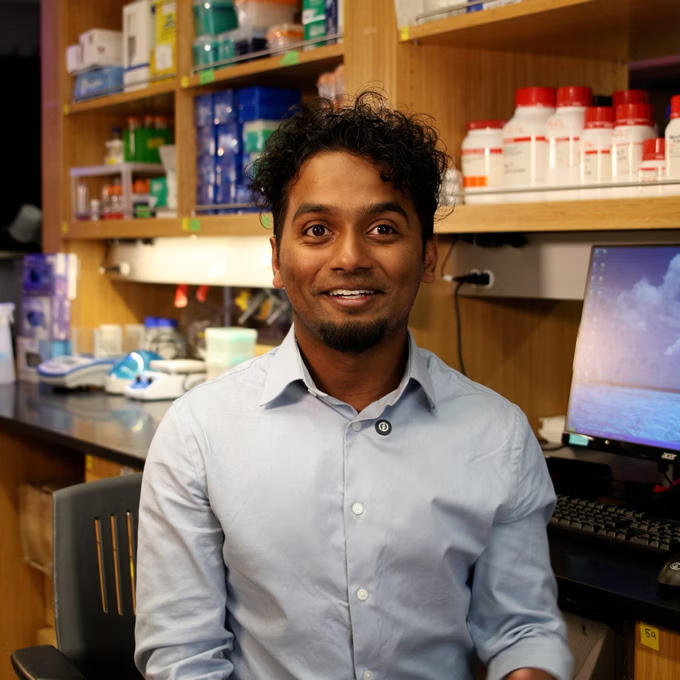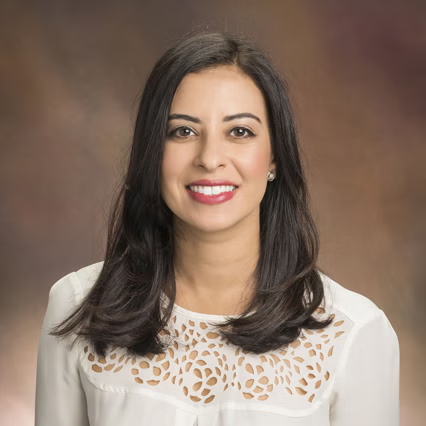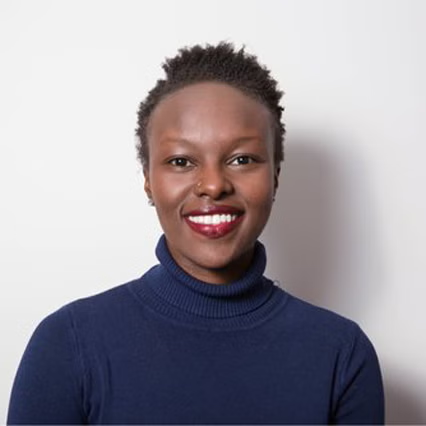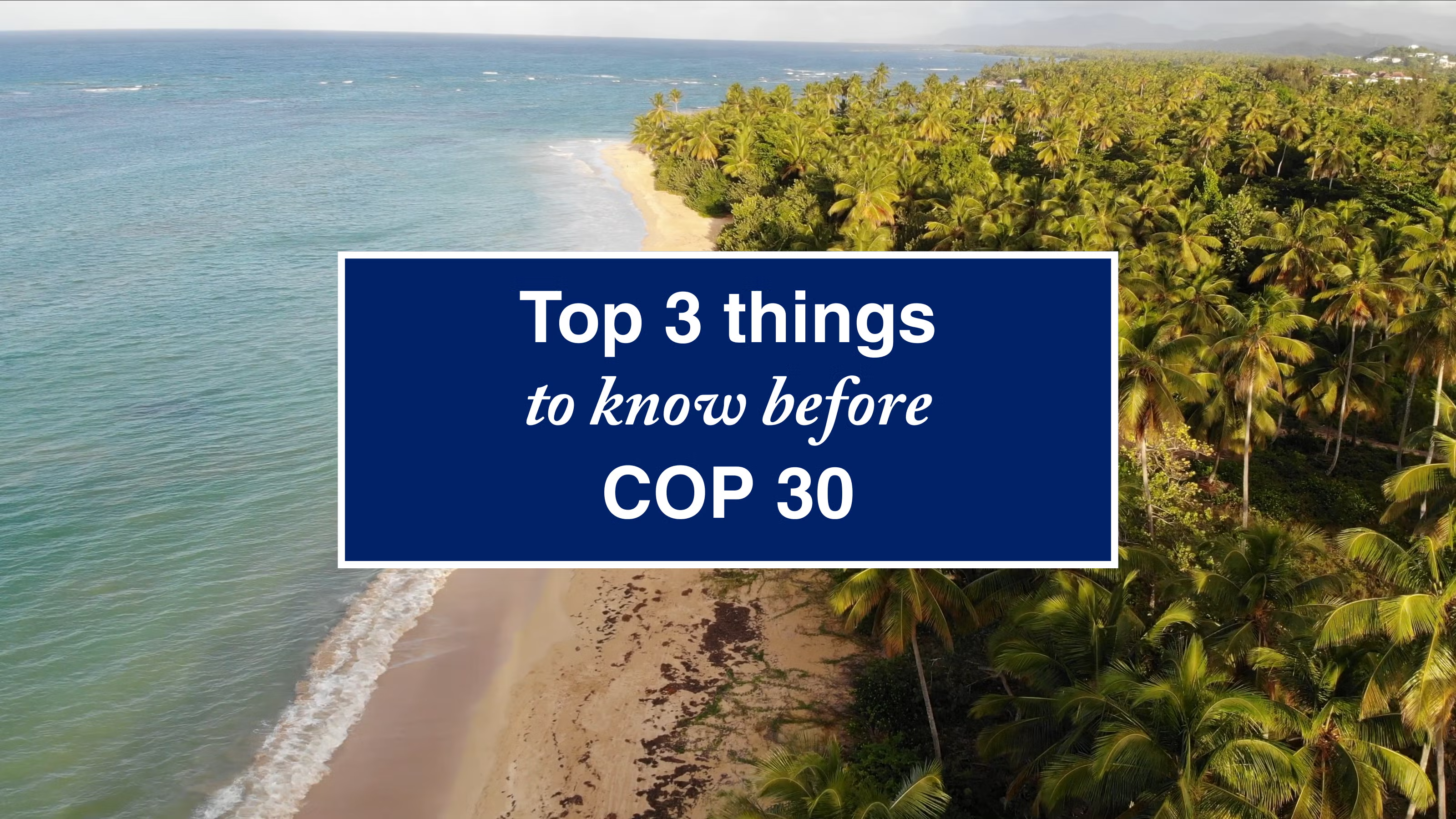Science, Technology and International Affairs
Explore the technological and scientific issues at the heart of today’s international affairs.
The science, technology and international affairs (STIA) major at Georgetown University’s School of Foreign Service equips you to tackle the world’s most pressing global challenges by applying cutting-edge science to complex political, social and ethical issues.
By combining science with international affairs, the STIA major prepares you to explore the technological and scientific issues driving today’s global conversations. As part of this program, you will engage with groundbreaking research and collaborate with experts to find innovative solutions to challenges like climate change, cybersecurity and global health.
Major overview
Major declaration dates
Sophomore year
- Begins: After add-drop in September
- Ends: Friday before Spring Break
Curricular dean
Concentrations
- Energy and environment
- Business, growth and development
- Biotechnology and global health
- Science, technology and security
Program outcomes
Graduating with a science, technology and international affairs degree means you’re ready to lead where science and technology intersect with global policy. Our major equips you with scientific knowledge and the expertise to use this information effectively in international affairs. You will:
- Learn how to communicate complex scientific concepts clearly and persuasively
- Build a versatile skill set that prepares you for careers in international development, government agencies, global health organizations and beyond
- Engage with scientific theory and practice through a laboratory-based science sequence
- Develop multidisciplinary expertise in one of four concentrations
- Incorporate scientific knowledge and methods into their study of international affairs
Career paths
The science, technology and international affairs major combines technical expertise with an understanding of global challenges, preparing graduates to address pressing international issues at the intersection of science, technology and policy. As an STIA graduate, you will be well-positioned to work in government agencies, international organizations, NGOs and the private sector, tackling global problems with innovative solutions.
Academics
The science, technology and international affairs major draws upon faculty expertise in diverse fields such as international affairs, public policy, global health, environmental studies and security studies. Our curriculum prepares you to think across disciplines, apply innovative solutions and lead in a rapidly evolving world.
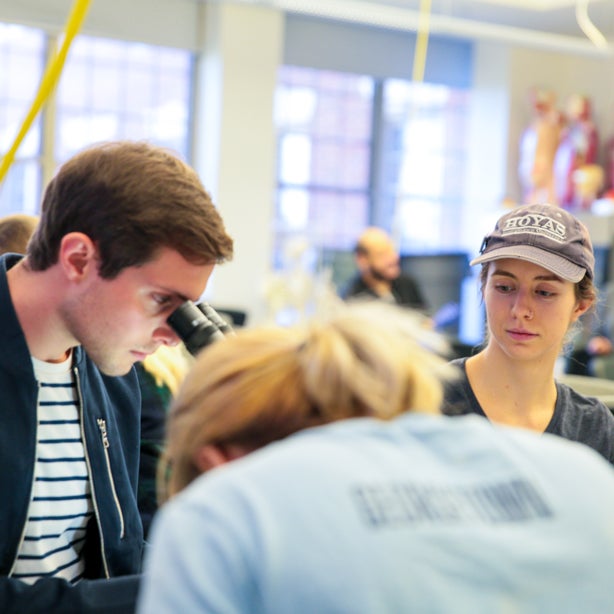
Courses
To get the most up-to-date list of courses available in the STIA program, as well as past course offerings, visit GU Experience and follow these steps:
- Go to GU Experience > registration dashboard
- Under the schedule of classes section, select browse classes
- Select term
- Leave the subject menu blank, and search by attribute (e.g., SFS/STIA/business, growth and development)
- Scroll down and click the class search button to explore available classes
